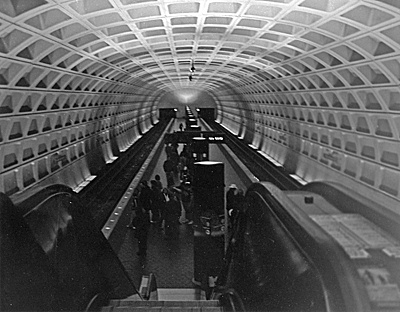All Nonfiction
- Bullying
- Books
- Academic
- Author Interviews
- Celebrity interviews
- College Articles
- College Essays
- Educator of the Year
- Heroes
- Interviews
- Memoir
- Personal Experience
- Sports
- Travel & Culture
All Opinions
- Bullying
- Current Events / Politics
- Discrimination
- Drugs / Alcohol / Smoking
- Entertainment / Celebrities
- Environment
- Love / Relationships
- Movies / Music / TV
- Pop Culture / Trends
- School / College
- Social Issues / Civics
- Spirituality / Religion
- Sports / Hobbies
All Hot Topics
- Bullying
- Community Service
- Environment
- Health
- Letters to the Editor
- Pride & Prejudice
- What Matters
- Back
Summer Guide
- Program Links
- Program Reviews
- Back
College Guide
- College Links
- College Reviews
- College Essays
- College Articles
- Back
As the Anomaly
I know a lot of things about my hometown. I know the yellow bikes parked by my neighborhood gate, I know there are three trees lining the last turn before the first road, I know to keep straight across from the food vendors to avoid the smoke and walk two seconds early into the red light to make it over just in time because I also know that the Beijing Subway never waits.
Cutting into the first flight of stairs down to the basement, there was something there that I didn’t know: an old man curled up on the edge of the hallway. He wore a brown and tattered long sleeve beneath a thin coat, black pants and cloth shoes covered in irregular holes. In a flimsy wooden chair he held a traditional Chinese instrument, called the “Erhu”. Its long neck and a small cylindrical bottom with strings attached from the top to the very end, moving with each beat on top of the man’s shaking knees. His red but watery eyes scared me, I could smell the clamminess of his presence, and even the elegance of the Erhu turned simply to a piece of wood in his hands. Enforcing my survival manual: How to survive the Beijing Subway 101, I, one, made no eye contact, two, kept my hands close, and three, hurried off in the other direction.
I never looked again at the man. As the weeks passed, I tried hard to blend him into yet another familiar scene in my daily excursions. But I could not. The dull colors of him bounced unusually bright In the fluorescent lights and squeaky plastic floors of the subway tunnel. His frail body became the only clear scene in the conveyor belt of bulky, coated bodies, and because against the shiny lights of nearby malls, new buildings and the passing working class of Beijing, the man was the anomaly in the subway. He was the extra number in a set of data, a dot of red paint on a white painting, the only pair of still feet in a moving city.
I tried not to deal with the anomaly. I knew he lived in the subway and his only source of income was a white plastic bucket collecting spare bills. It was not fear that stopped me from any interaction, but a sense of annoyance or maybe even subconscious exclusion that could not accept this slightly unpleasant view. I rushed past him everytime he tried to push the white bucket in front of a passerby.
During one night, weeks later from my initial encounter with the man, I prepared for a short trip to Guomao, a popular shopping/industrial center that was a few stops from the subway station. As I clambered down the stairs, the melody of notes danced into my ears. My brain immediately categorized it as the regular music the nearby mall played. But it was the authenticity or the sharp flowing notes that distinguished itself from the modern beats I usually hear. As I continued walking, the music became louder. Through the heads of people in the crowd that emerged at my last step, I saw the old man.
His fingers were flying along the thin neck of the Erhu, arms sliding the bow back and forth, painting a vivid picture that matched the movement of his head and feet tapping to the tune. The crowd captivated by his playing, even the usual young men and women set down their phones for the music to echo within the halls of this underground chamber. With each second, I could see the old man transform. His dull colors no longer present and his frail body full with strength as he worked the instrument effortlessly.
I stood still staring at the scene before I shifted my view and directly met him. I was startled by the eye contact, but even in that split second, I could see the strong glint of pure happiness in his eyes. As his piece ended, the crowd erupted with applause and everyone moved in to hand in some coins. I could not do the same.
It was the days of passing by him without taking a look, the botherance by his presence, ignoring his wishes and the intentional effort to block him from my view. At that moment, I knew I did not belong nor deserve to enter the crowd. My hands left my bag where I kept my own spare change and hurried once again past the white plastic bucket. I could still hear the crowd buzzing as the first notes of his second piece echoed again, chasing me further down the subway tunnel.
The old man was not the anomaly, he should never have been seen as the anomaly. The only anomaly was simply the single sighted vision that confined my view of the Beijing Subway.

Similar Articles
JOIN THE DISCUSSION
This article has 0 comments.
